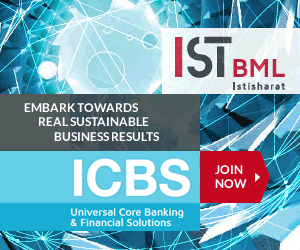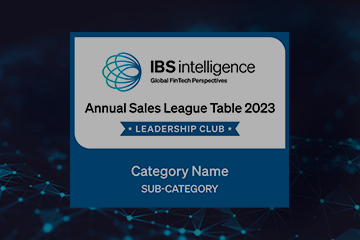 Back
Back
IBSi webinar–Mission Possible: Unlocking the Future of Banking with NextGen Core
By Puja Sharma

On November 29th, 2023, IBS Intelligence held a webinar about legacy core modernization and the opportunities that NextGen Core systems can offer banks and financial institutions.
A combination of technological innovations and evolving customer expectations is reimagining banking across the globe. The rise of neobanks and challenger banks has fundamentally altered the banking industry landscape, with traditional banks now facing competition from agile FinTech startups that offer innovative products and services.
Among the webinar guests were Tarvo Okmees, Director of Engineering at LHV Bank, Bryan Carroll, Co-Founder & former CEO of TNEX Bank, and Edgardo Torres-Caballero, Chief Revenue Officer at Tuum. The webinar was moderated by Nikhil Gokhale, Director of Research and Digital Properties at IBS Intelligence.
Edgardo Torres-Caballero, Chief Revenue Officer, Tuum, said: “Banking must be reimagined to integrate technology to launch fast, be cost-effective, and navigate regulatory changes. Instead of replicating every process of legacy core systems, the challenge is about strategic identification, not wholesale replication, paving the way for a tech-driven, efficient, and regulatory-compliant banking landscape.”
He added, “When looking from the customer’s perspective, the main goal is to make things smoother between institutions and speed up onboarding. The aim is to integrate new technologies to use data more effectively.”
In a very interactive session, moderator Nikhil Gokhale asked the audience to participate in a poll on the various relevant core banking topics, including the pressing challenges banks face with current core banking systems and what they should focus on during the transition to a next-generation core banking platform.

NextGen core banking systems provide banks with a cloud-based, modular, and flexible banking infrastructure that enables them to reimagine their business models, innovate freely, and fully leverage the power of digital to unlock growth opportunities and quickly launch customer-centric offerings. IBSi’s proprietary SalesVision data shows a notable increase in the sales of NextGen Core systems, from just 1% in 2017-2019 to 15% in 2020-2022.
Key Takeaways in the NextGen Core Banking Opportunities
- Cost-Effective Scalability
Embracing a microservices architecture is fundamental to achieving modular development and deployment, fostering agility and flexibility in system design. Scalability is a key focus, with the implementation of solutions that enable the system to expand seamlessly in response to growing demand. Leveraging cloud services further enhances infrastructure efficiency, providing a flexible and cost-effective environment for sustained development and deployment. This approach ensures a dynamic and adaptive system architecture, poised to meet evolving requirements with optimal resource utilization.
- Microservice and API-led Connectivity
Cultivating a microservices mindset bolsters agility and maintainability within development practices. Prioritizing API-led connectivity facilitates smooth service communication, promoting a cohesive and interoperable system. Ensuring well-documented, standardized, and easily consumable APIs further enhances the overall efficiency of the development process, fostering a collaborative and streamlined approach to building and maintaining microservices. This emphasis on API excellence creates a resilient and adaptable architecture, aligning with best practices for sustainable development in a microservices environment.
- Customer-Centric Banking Experience
A core emphasis lies in understanding and addressing customer needs through personalized services. This involves the development of user-friendly interfaces and intuitive experiences across digital channels, ensuring a seamless interaction for users. Additionally, leveraging customer data analytics is crucial in delivering targeted and relevant financial products and tailoring offerings to individual preferences and behaviours. This customer-centric approach enhances user satisfaction and positions the organization to respond dynamically to evolving market demands.
- Addressing Changing Market Conditions
Remaining adaptable is paramount, necessitating continuous monitoring of market trends and regulatory changes. Agile development processes are integral, enabling swift responses to evolving market demands. Establishing a feedback loop with customers further enhances adaptability by gathering valuable insights and refining offerings based on customer preferences. This proactive and iterative approach ensures that the organization stays responsive to market dynamics, positioning itself to thrive amid changing trends and regulatory landscapes.
- Future-Proof Banking Ecosystem
Strategic investment in emerging technologies such as blockchain, AI, and machine learning is vital to staying at the forefront of innovation. System design prioritizes flexibility, ensuring seamless integration with future technologies as they evolve. Regular updates and infrastructure upgrades are consistently implemented, keeping the organization ahead of technological advancements. This proactive approach fosters a tech-forward environment and positions the business to leverage cutting-edge tools, driving sustained growth and competitiveness in the rapidly evolving technological landscape.
These key takeaways encapsulate the principles of building a modern, customer-centric banking ecosystem that is scalable and adaptable to evolving market conditions, ensuring a future-proof foundation for sustainable growth.
“Successful core banking migration involves a strategic blend of cost-effective solutions, risk management, advanced fraud prevention, modern architectural approaches, and a focus on customer touchpoints. Investing in skilled architects and avoiding common pitfalls like transforming an outdated core system is crucial to ensuring a smooth and relevant migration process for the future.” said Bryan Carroll, Co-Founder & Ex-CEO, TNEX Bank.
IBSi Daily News Analysis
IBSi FinTech Journal
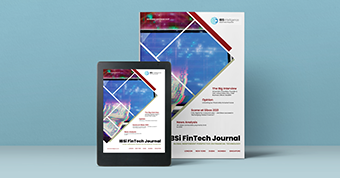
- Most trusted FinTech journal since 1991
- Digital monthly issue
- 60+ pages of research, analysis, interviews, opinions, and rankings
- Global coverage
Other Related News
Today
Surge in digital identity fraud is a major problem for financial services, research reveals
Read MoreRelated Reports
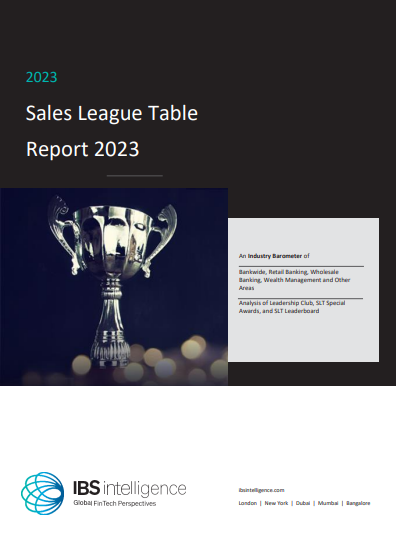
Sales League Table Report 2023
Know More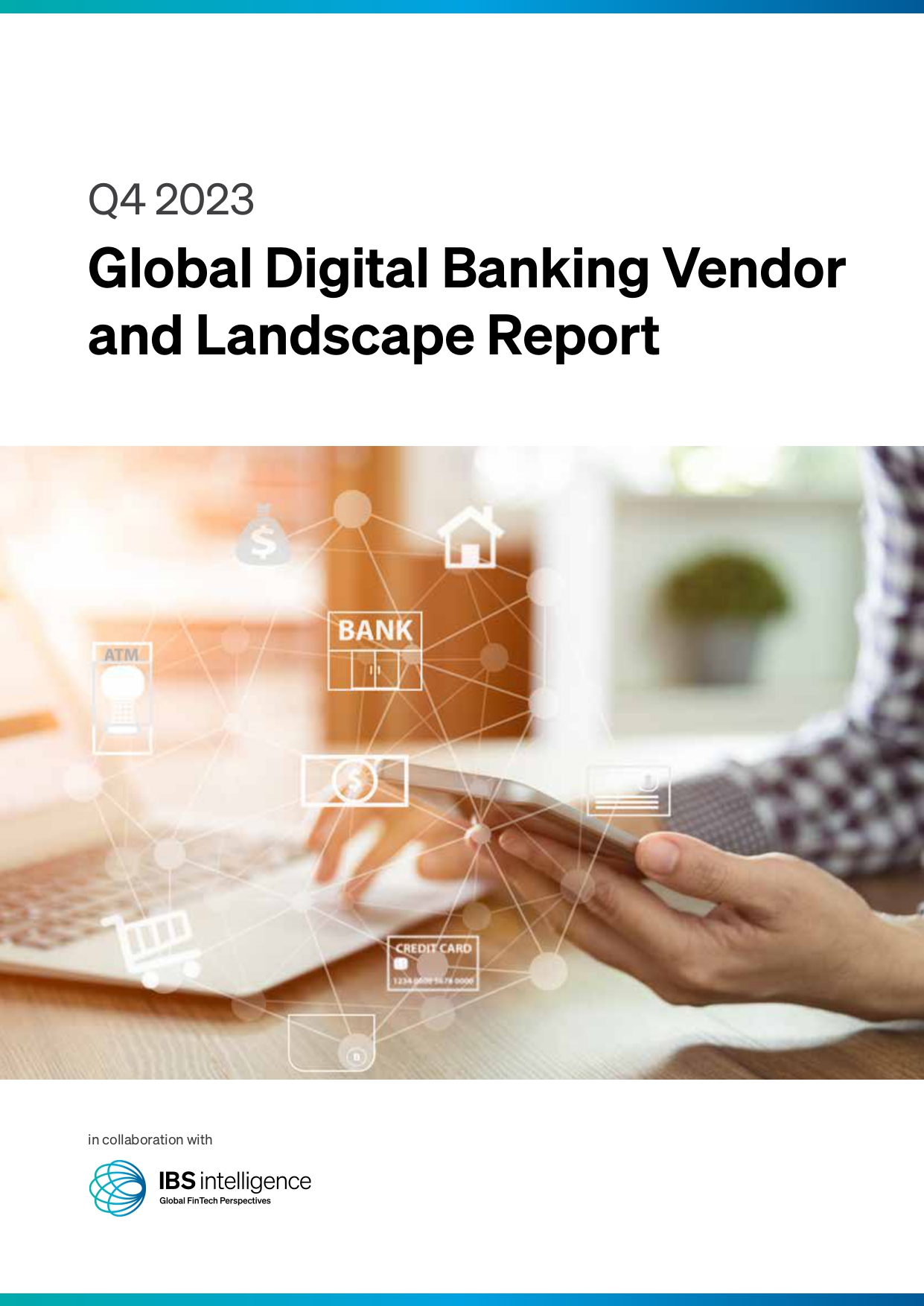
Global Digital Banking Vendor & Landscape Report Q4 2023
Know More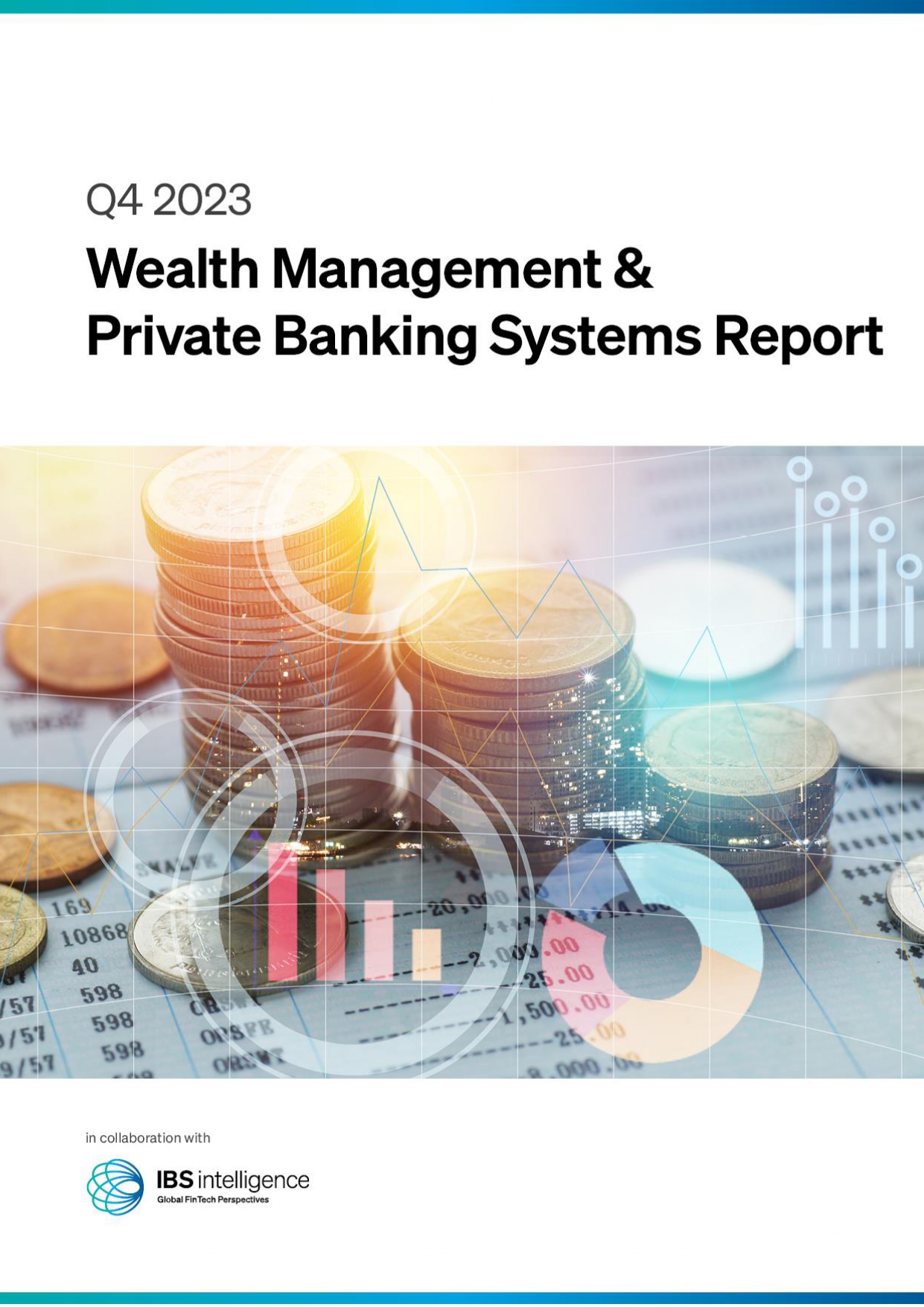
Wealth Management & Private Banking Systems Report Q4 2023
Know More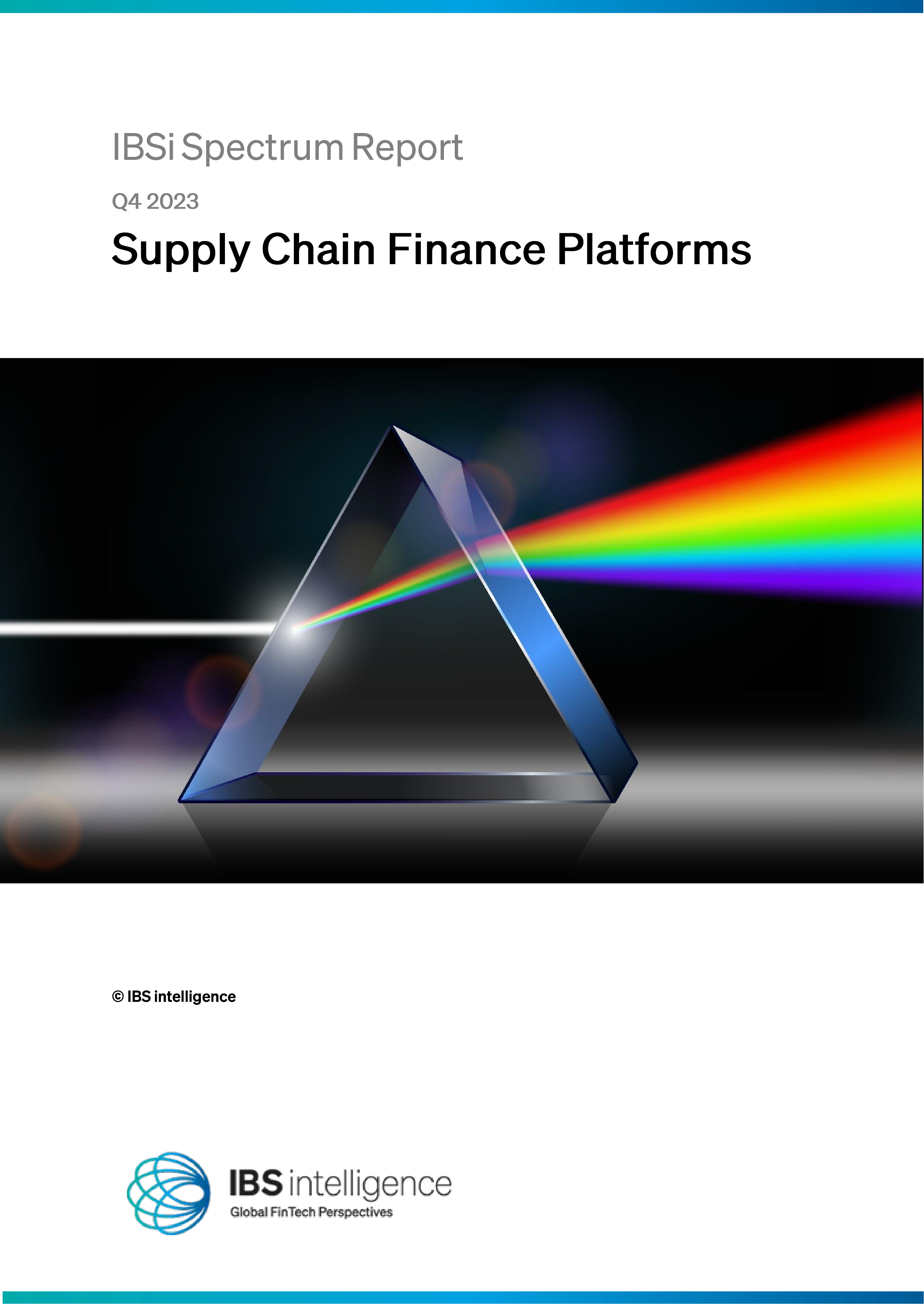
IBSi Spectrum Report: Supply Chain Finance Platforms Q4 2023
Know More


